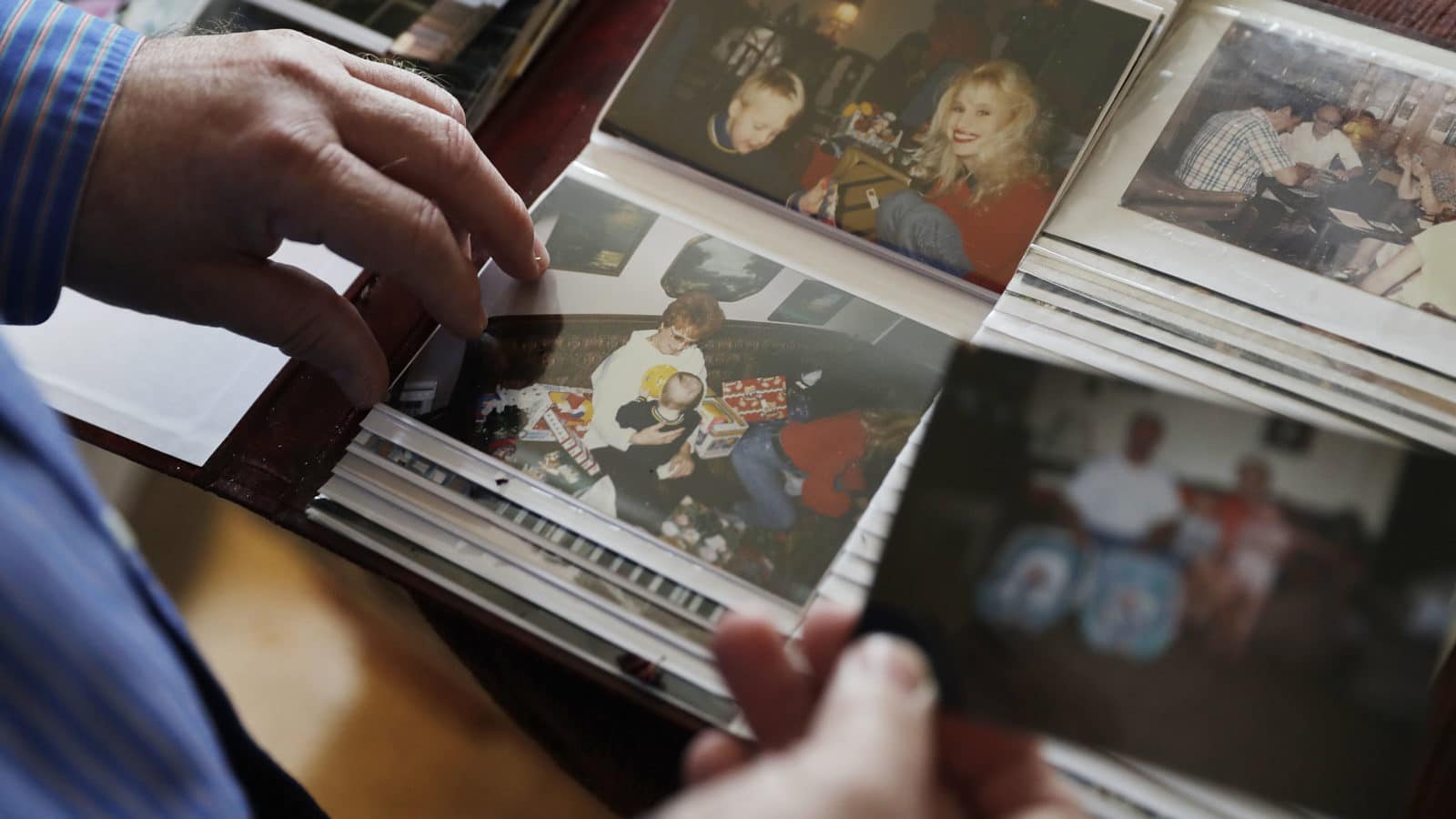Guest Blogger and long-time Council friend, Bob W. presents Part 21 of a series dealing with Alcoholism and Addiction from a Mystical, Mythological Perspective, reflecting Bob’s scholarly work as a Ph.D. in mythological studies.
In this ongoing series of notes, we have seen how deeply imbedded human stories of struggle and recovery seem to be all around us and poignantly reminiscent of our own journeys to Recovery. The concept of the hero’s journey is ever present in all time and all cultures, so much so that Joseph Campbell and others called it the “mono-myth.” We see it in ancient societal stories as well as in modern literature and the arts all over the world. As disparate examples, the Popol Vuh cultural narrative of the ancient Mayan systems in Guatemala tell of the exploits of hero twins defeating enemies in the early process of the creation of the world; and the Dogon systems in West Africa have very similar stories of hero twins as do the many stories of the Native American Indians of the Southwestern U.S. Indeed, the evolution of the human species over hundreds of millennia could be seen as one big journey of the collective human hero to higher levels of understanding and consciousness, to a felt-sense integration with a higher power, not unlike Dante’s tireless, excruciating search for God through Hell, Purgatory, and into Heaven.
This seems to be the core element of the idea of a hero’s journey for us….the call, the struggle through difficult conflicts, and the ultimate success in finding an answer to the idea of a better life and a contact with something higher. We find it in so many places…even in our most simple, yet sublime of experiences…like baseball.
In 2013, a Brooklyn Preparatory School classmate of mine and past President of NYU, John Sexton, wrote a book called Baseball as a Road to God. John and I were classmates in the 1950’s in an area of Brooklyn that was close to Ebbets Field, the home of the venerable, if a bit pathetic up to that time, Brooklyn Dodgers. John was a baseball fanatic, par excellence, and he remained so for much of his life. The book was the outgrowth of a class he taught at NYU for many years with the same name.
John used the intricacies of the game, the before, during and after elements of the actual events, and the deep and rich history of its larger than life experiences and personages, to provide a fascinating view of the nature of a higher power in our lives. The progress of individual baseball lives, the unfolding of the struggles and successes of each season, and the building of drama in and through each inning of a game are richly portrayed in a mystical and at times metaphysical framework. For me, a baseball fan of a bit less fervor than John, his portrayal provokes a wonderful view of our lives in committed Sobriety.
When I sit in a meeting, surrounded by women and men whose individual lives of tragedy, disaster and recovery provide vivid glimpses deep into the soul of humanity, I am struck by the beauty and good fortune of my presence in this Fellowship. Every story is different, every one is full of cataclysms and misadventure interspersed and then followed by glorious ascensions into the Sunshine of the Spirit. The differences are striking, but they are dwarfed by the symmetry and the harmony of their connectedness and by the perceptibility of Recovery that we all share. It is a community of love and vision that has no equal.
It all reminds me of the spectacle of the field of men and dreams that constitutes the active baseball arena. Surrounded by a intensely focused and roaring crowd, baseball presents an altar of vivid green and brown on which muscular danseurs in white execute stunning feats of athletic wonder…smooth and rapid and even, interspersed by lengthy dramatic pauses that give us the ability to absorb and allow for the highly orchestrated play to run for the required nine acts.
For me, in Recovery, every share in a meeting and the aggregation of all shares in each and every meeting is precisely the equal of this spectacle.

